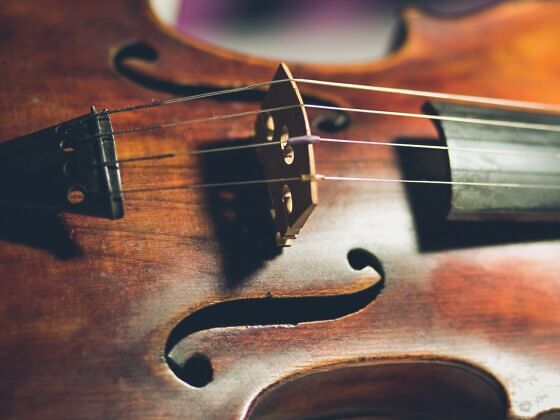ON THE PLANE TO POLAND from the United States, I sat next to a petite and confident Swiss psychologist. She asked me if I had a job lined up in Kraków, or perhaps some friends.
“No, nobody, nothing,” I told her.
“That’s very American,” she said, “Europeans don’t do things like that. We don’t like those kinds of risks. What if something doesn’t work out?”
